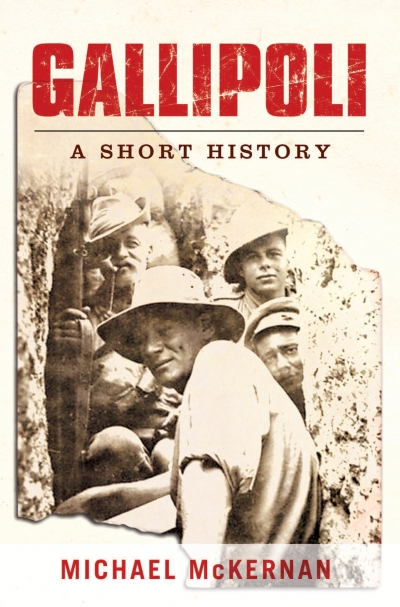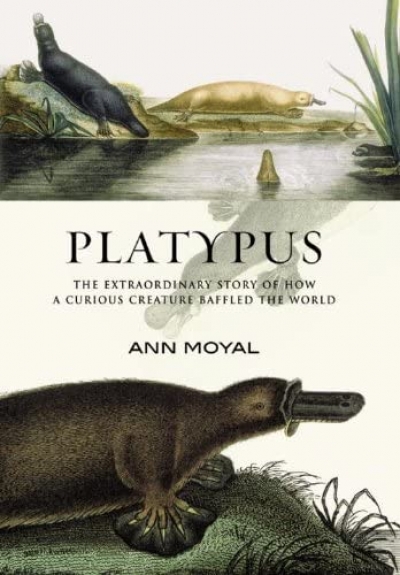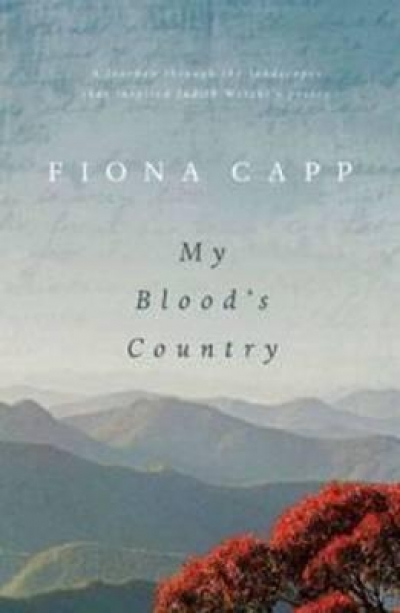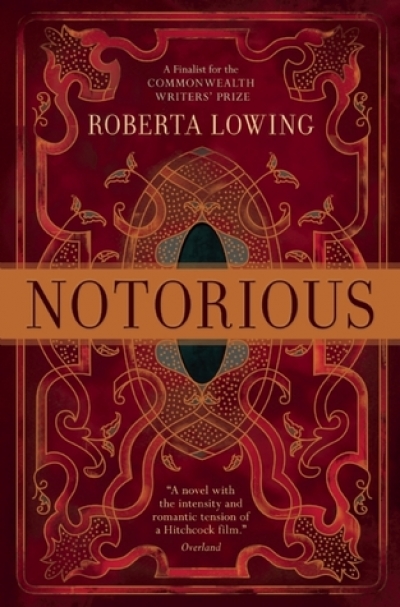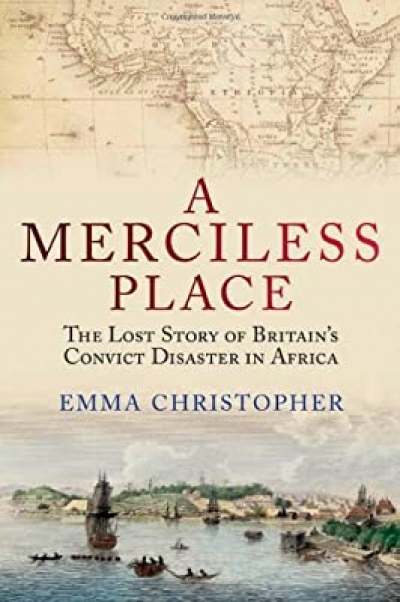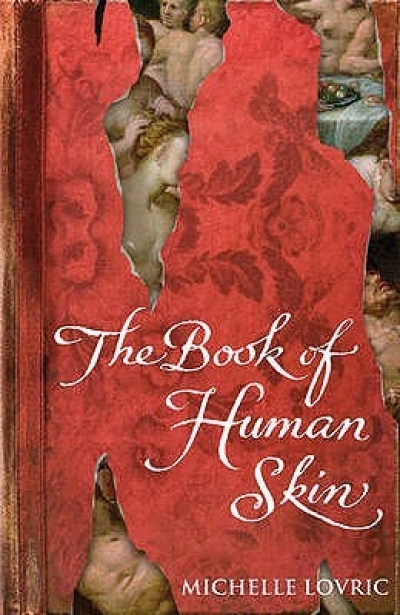The Book of Human Skin details the trials and tribulations of an innocent Venetian noblewoman named Marcella Fasan, a girl ‘so sinned agin tis like Job in a dress’, Gianni delle Boccole, loyal family servant and bad speller, explains. Marcella’s principal antagonist is her older brother Minguillo, who, out of filial jealousy and a desire to be the sole heir to the family’s New World fortune in silver, makes her a prisoner, a cripple, a madwoman, and a nun. Think Jacobean tragedy meets Gothic novel, then add some – namely a crazy Peruvian nun called Sor Loreta, who, in between fasting and self-flagellation marathons, terrorises the saner sisters at the convent of Santa Catalina in Arequipa. It is these four characters – Gianni, Marcella, Minguillo, Sor Loreta, plus the kindly Doctor Santo Aldobrandini, a specialist in skin and its maladies – who, unbeknown to one another, take turns narrating this novel.
...
(read more)



